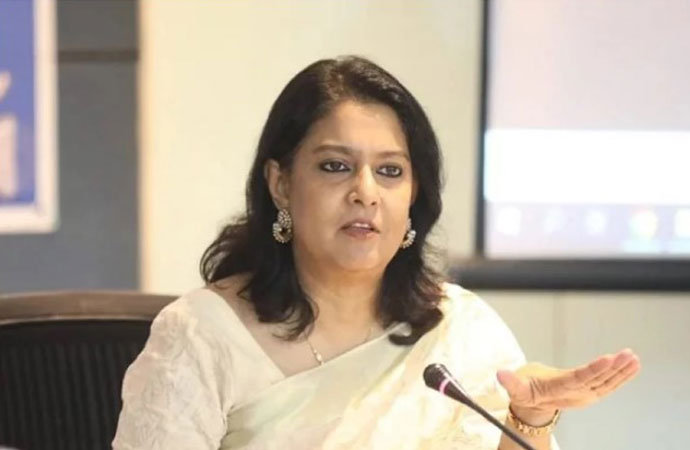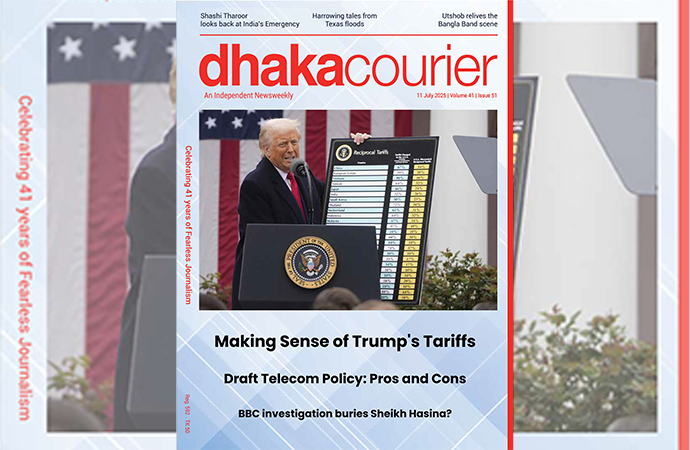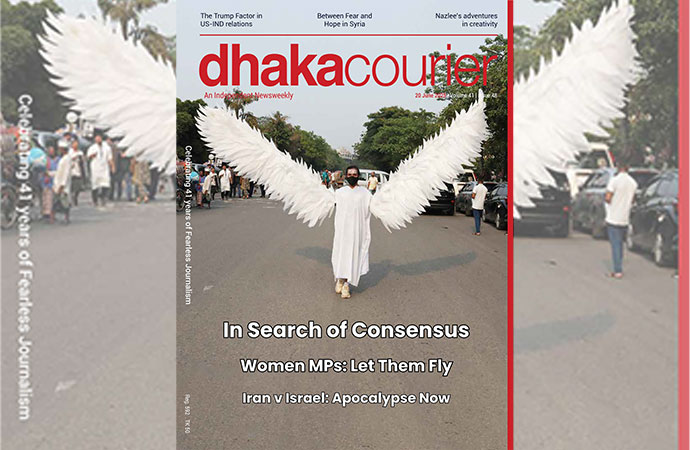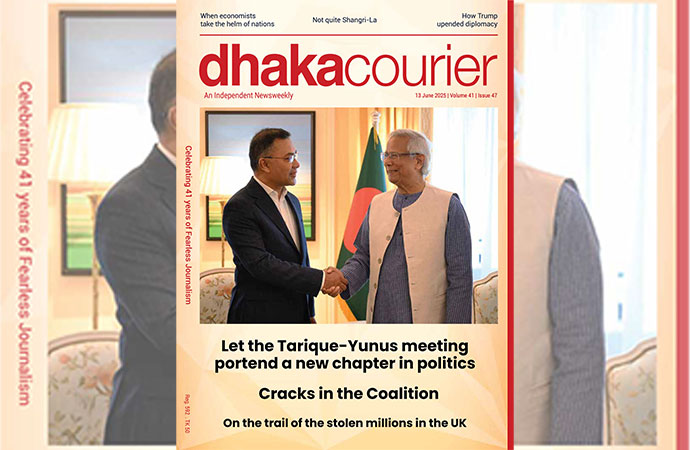World this week

Police in India said 23 people died during protests against a new citizenship law that grants amnesty to immigrants who are in the country illegally from three neighbouring countries (Bangladesh, Pakistan and Afghanistan) on the basis of religion, pointedly leaving out Muslims. The exclusionary law has sparked outrage and violent protests across the country.
Prime Minister Narendra Modi used a rally for his Hindu nationalist party, the BJP, to defend the legislation, accusing the opposition of pushing the country into a "fear psychosis." The protests represent the first major roadblock for the BJP's agenda since its landslide re-election last spring. Most of the deaths have occurred in Uttar Pradesh, India's most populous state where 20 percent of the 200 million people are Muslim. Authorities across the country have scrambled to contain the situation by imposing Section 144, the British colonial-era law that remains in the books (same as Bangladesh), and blocking internet access.
Donald Trump became only the third US president to be impeached by the House of Representatives, the lower chamber of Congress, although the chances of him being removed from office remain slim with the battle set to progress to a trial in the Senate, the upper chamber, where he can rely on a loyal Republican majority.
The impeachment process is currently in limbo after articles of impeachment - effectively congressional charges against the president - were agreed in the House but have not yet been officially delivered to the Senate as required by protocol. The House speaker, Nancy Pelosi, must settle on a team, known as "impeachment managers", to make the case against Trump in the Senate trial. Meanwhile newly-released government emails showed that it took only about 90 minutes after Trump's infamous July telephone call to Ukrainian president Volodymyr Zelenskiy for White House officials to order the Pentagon to freeze military funding for Ukraine.
Britain took a big step towards the European Union exit door as lawmakers gave preliminary approval to Conservative Prime Minister Boris Johnson's EU divorce bill in a decisive vote that broke years of political deadlock over Brexit. The House of Commons, with its Conservative ranks swollen after Johnson's decisive election victory on December 12, voted 358-234 for the Withdrawal Agreement Bill, clearing the way for the U.K. to leave the European Union next month.
The vote was a moment of triumph for Johnson, who won his commanding parliamentary majority on a promise to end more than three years of political gridlock and lead Britain out of the European Union on Jan. 31. Jubilant Conservative lawmakers gathered around the prime minister in the House of Commons after the vote, getting him to sign their copies of the bill. Opposition lawmakers, as they have done since the election, looked despondent.
Afghan President Ashraf Ghani appeared to have narrowly won a second term, according to preliminary results from September's balloting that were announced this week, although his main challenger rejected the outcome as illegitimate. If the outcome stands despite the complaints of ballot fraud, it could give Ghani the authority he has sought to demand a leading role in peace talks with the Taliban in the country devastated by decades of war.
In a nationally televised address from the presidential palace following the announcement, Ghani claimed victory over his main rival, Abdullah Abdullah, who serves as Afghanistan's chief executive in a fragile national unity government. Ghani won 923,868 votes, or 50.64% in the Sept. 28 balloting, according to the long overdue preliminary results announced by Hawa Alam Nuristani, head of the Independent Election Commission. She said Abdullah won 720,990 votes.

























Leave a Comment
Recent Posts
The Northeastern Question
When secessionist movements sprang up across the Eastern European part ...
Trump’s Tariff: How far should ...
Will Bangladesh manage to get a last minute reprieve on its 'Trump tar ...
Rivers, Peaks, and Expressions – My Experience at th ..
What lies behind the alarming spike in violence agai ..
A Himalayan choice
Twenty Palestinians were killed at a food distributi ..